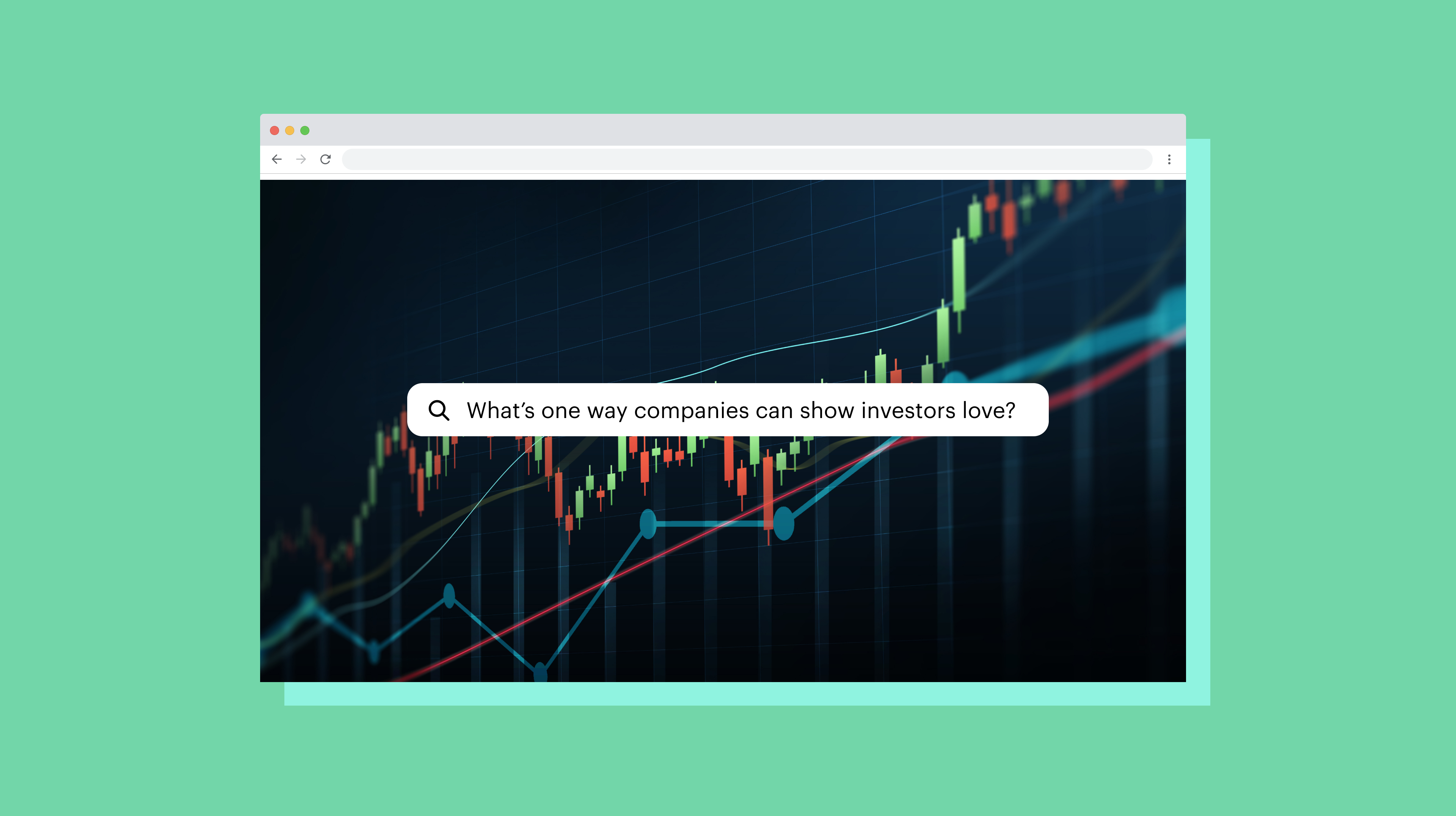Hey.
In case your fave influencer hasn't told you: it's fall. Our checklist can help you get your money (and your life) organized for the rest of the year. You're welcome.
Headlines, Skimm'd
Fed to US: 'you got this.' On Wednesday, the Fed announced it could start winding down its extra financial support soon. That means it thinks the economy is rebounding from pandemic lows and can recover on its own. An exact timeline for "tapering" (when the Fed dials back its bond-buying program) and raising interest rates is TBD.
Too grande to fail? Chinese construction giant Evergrande could soon default on over $300 billion in debt, sparking debate over whether China is headed for its own "Lehman moment." Local govs have reportedly been warned to prepare for potential job losses, housing troubles, and social unrest. The S&P 500 had its worst decline since May earlier this week as US investors worried about the ripple effect on global markets.
Not-so-smooth criminal. This week, the US Treasury Department issued the first-ever sanctions against a crypto exchange – SUEX – for allegedly facilitating ransomware payments for cyberattacks. The gov says at least 40% of SUEX's transactions are criminal, and US companies should watch out.
Let's Talk About...

Why Everyone's Worried About the Debt Ceiling
Debt ceiling = the max amount the gov can borrow to pay bills. Failing to raise or suspend it could cause the US to default on its debt as early as mid-October. Treasury Sec Janet Yellen says this would lead to "economic catastrophe." As in, six million US jobs lost and $15 trillion of household wealth erased, according to a Moody's Analytics analysis. Surprise: lawmakers disagree on what to do. We Skimm'd the details you need to know.
Make Good (Money) Choices

If you're wondering whether to pay your student loans fast or slow…
Stop and weigh your options. Paying more than the minimum could save you a lot in interest and help you get out of debt sooner. But playing the long game and keeping your monthly payments low could make more room in your budget for other money goals, like buying a home or investing. Over time, stocks tend to earn more than you'll typically pay in student loan interest. Meaning you may be able to make more by investing than you can save by paying off this debt. Read more to decide which strategy is best for you.
If cord-cutting led to an even bigger TV bill…
Look for ways to cut streaming costs instead. One report estimates that US consumers spend an average of $55 on monthly video subscription services – 45% more than at the start of the pandemic. And a number of services have raised their prices since then. Opting for a subscription with ads, a lower resolution, and bundles (think: the Disney+, Hulu, and ESPN+ combo) can help you save. Oh, and if you plan to upgrade your iPhone, laptop or smart TV, see if it comes with streaming-service freebies.
If your holiday budget already needs a boost...
Say hello to our little friend: the side hustle. It's one way to turn your free time into $$$ ahead of a big spending season. A few options you can do from your couch: freelance writing or proofreading, transcribing, online tutoring, teaching an online course, working as a virtual assistant, and sharing your feedback in online focus groups.
Thing to Know

Stock Buyback
Aka a share repurchase, or when a company buys outstanding shares of its own stock. Because leaving fewer shares available to the public increases their value (artificially, some argue). And makes existing shareholders instantly richer. Microsoft recently approved a $60 billion stock buyback program. (Congrats, MSFT investors.) This news came days after Dems proposed a 2% tax on corporate buybacks to help fund the $3.5 trillion spending bill.
Hot Off the Web
What's giving us déjà vu? Costco limiting toilet paper and Tiger King 2.
You can now outsource your beer runs to DoorDash in these 20 states.
The 2021 Hot Toy list is out, but you might not get everything you want.
The US gov is donating extra COVID-19 vaccines to lower-income countries.
Amazon's pitch to fix the labor shortage: legalize marijuana.
One way to support your favorite creators on Twitter: crypto tips.
Subscribe to Skimm Money
Your source for the biggest financial headlines and trends, and how they affect your wallet.






